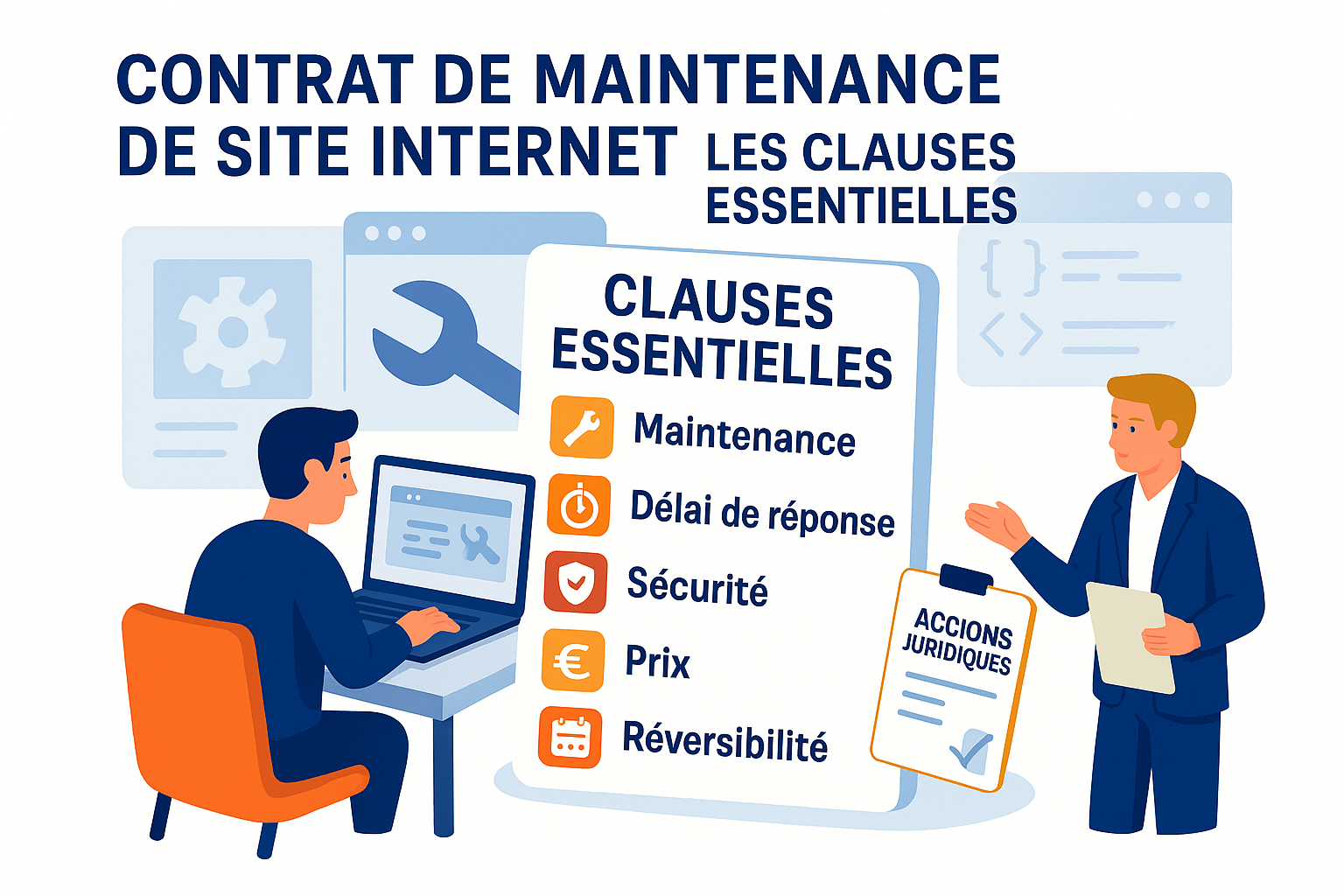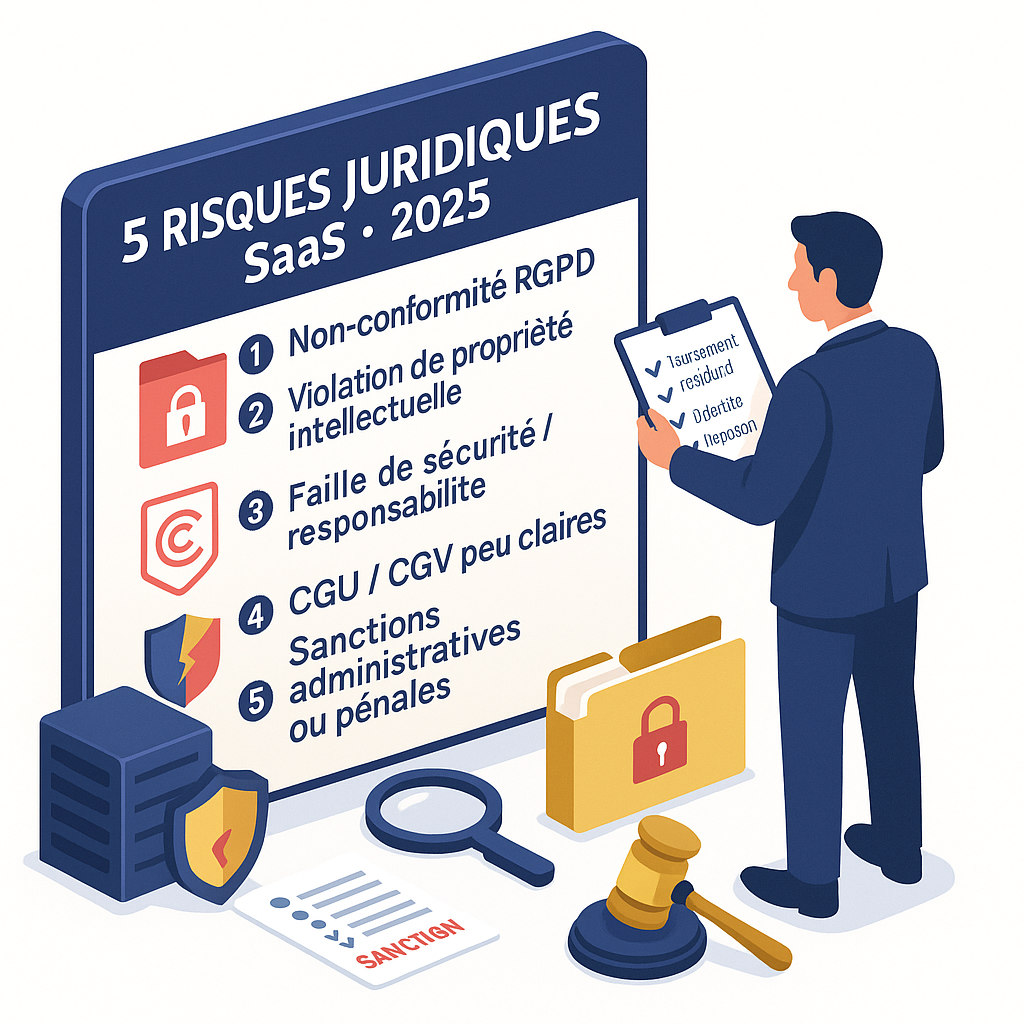The emergence of the participative franchising concept raises fundamental questions about franchisee independence.
The concept of participative franchising has emerged as an innovative solution in the French legal landscape, redefining the relationship between franchisors and franchisees. This practice, which involves direct financial participation by the franchisor in the franchisee's share capital, raises fundamental questions about the franchisee's independence, traditionally considered a pillar of the franchise operation. Why has this model, which was originally intended to promote the development of new entrants, become a tool that can compromise this autonomy? The issues at stake are crucial, as they directly affect political rights, contractual obligations and the very durability of distribution networks. Exploring this theme enables us to identify the contractual mechanisms and legal tools likely to restore the balance, while taking into account recent developments in case law on this sensitive subject.
If you need a franchise lawyer, contact me!
I. The relative guarantee of independence through the contractual technique
By combining contractual and corporate aspects, participative franchising raises the question of how to preserve the franchisee's independence from the franchisor's practices. Legal experts are looking into the various contractual tools that can create a balance in this dynamic, particularly in cases of deadlock where the franchisor exerts a preponderant influence. In this context, it is essential to consider the nullity of the franchise contract due to defects in consent, as well as the notion of significant imbalance between the parties.
A. - Invalidity of the franchise agreement on grounds of lack of consent
The legal complexity of participative franchising frequently means that the validity of a franchise agreement can be challenged on the basis of defects in consent. Indeed, when franchisees join the network without being fully aware of the consequences of a blocking minority, they may find themselves trapped by a contractual framework that is more restrictive than expected. Court rulings show a willingness to annul contracts when abuse on the part of the franchisor is proven, notably through fraud or error. These cases illustrate how, despite the technique of participative franchising, the franchisee's rights can be claimed and recognized, thus restoring a certain form of balance.
B. - Significant imbalance
Another approach is to invoke the notion of significant imbalance, which relates to abuse of power by the franchisor. This doctrine, based on ethical principles, aims to ensure a certain fairness in the contractual relationship between franchisee and franchisor. In the courts, the argument that a clause imposes unreasonable obligations on a franchisee has already been used successfully, nullifying certain stipulations in franchise agreements deemed unreasonable. Thus, the law defends the idea that a commercial relationship must rest on a foundation of fairness, and this dynamic may prove crucial in countering the abuses revealed by certain participative franchises. This analysis of contractual tools, while highlighting the difficulties encountered by franchisees in the face of blockages introduced by franchisors, underlines the imperative of mobilizing these tools to restore an independence that is often undermined. These reflections pave the way for a more in-depth exploration of corporate mechanisms which, in turn, could offer franchisees an alternative protection framework.
II. The limited guarantee of independence provided by the partnership technique
In a context where contractual law reveals limits in protecting the franchisee's independence, it becomes essential to explore the mechanisms offered by corporate law. Indeed, this legal framework offers tools that can be used to better protect the franchisee against potential abuses by the franchisor, particularly when participative franchising proves to be a vector of inequality.
A. - Abuse of minority rights
One way of defending a franchisee's independence is to apply the theory of abuse of minority rights. Although delicate and controversial, this mechanism could help counter abusive practices by the franchisor, particularly when the latter holds a blocking minority in the franchised company. In a recent case, the French Supreme Court (Cour de cassation) was called upon to rule on the limits of use of this theory in the context of a franchised company. This judgment highlighted the complexity of the situation when the minority shareholder, often affiliated to the franchisor, opposes resolutions criticizing this domination. The judges recognized the existence of a blockage preventing the franchisee from resolving his situation, which led to their decision to authorize the intervention of a mandataire ad hoc. This approach demonstrates the courts' willingness to protect the franchisee's independence against abuses of power resulting from the blocking minority situation, even if the results may vary from case to case.
B. - Sanctioning corporate purpose clauses in the articles of association
At the same time, the question of statutory clauses, and in particular those relating to corporate purpose, merits particular attention. A corporate purpose clause that restricts the franchisee's activity to operating exclusively under the franchisor's brand name may prove not only questionable, but also problematic when it comes to leaving the network. Case law is beginning to move towards greater flexibility in dealing with clauses deemed unlawful. A recent ruling by the French Supreme Court (Cour de cassation) has made it possible to consider that certain clauses, when declared unlawful, could be neutralized without leading to the complete nullity of the company. This means that the franchisee could, under certain conditions, leave the network without disrupting the corporate structure of his company. This development in case law opens up new prospects for franchisees, offering them alternative ways of exercising their rights and, potentially, regaining a form of independence from franchisors who might seek to maintain excessive domination. It is therefore legitimate to ask to what extent these corporate mechanisms reinforce or, on the contrary, limit the franchisee's independence, and how they can be used to navigate the complexity of contractual relations in participative franchising.
III. Recent jurisprudential decisions on the instrumentalization of law in the participatory franchise mechanism
Recent case law sheds crucial light on the potential abuses of the participative franchise mechanism, by directly attacking the instrumentalization of corporate law by franchisors. Indeed, court rulings highlight a latent concern about the misuse of legal structures to restrict the independence of the franchisee, which is supposed to be guaranteed by the initial franchise framework. In this context, it is fundamental to assess how case law fits into this delicate debate surrounding political rights, contractual obligations, and the principle of balance between the parties.
A. - The courts' vigilance in the face of abusive use of corporate structures
A series of decisions has highlighted the reluctance of the courts to allow abuses to develop within the relationship between franchisors and franchisees. Recent cases attest to a willingness to examine the legitimacy of the franchisor's practices when it uses its status as a partner to impose conditions contrary to the franchisee's interests. Thus, judges are no longer content to approve corporate filters as neutral, but seek to denounce abuses when they are identified. For example, in the XYZ case, the court struck down an agreement clause that gave excessive power to the franchisor, illustrating a step towards stronger legal protection on the part of the courts. Decisions of this kind testify to a growing awareness of the imbalances inherent in the participative franchise model.
B. - Towards a redefinition of contractual relations through case law
Moreover, recent rulings go beyond the simple control of abuse. They also hold out the promise of a redefinition of contractual relations in the context of participative franchising. The recognition of franchisees' rights has been reinforced by decisions in which judges have reiterated the need for transparency and fair information in franchise relationships. For example, the French Supreme Court has clearly stipulated that the franchisor must inform the franchisee of the stakes involved in his status as a partner, in order to avoid any contractual manipulation. This legal repositioning paves the way for greater consideration of the franchisee's interests in franchise relationships, making jurisprudence a tool to protect against commercial abuses. Recent case law has thus become a key player, highlighting the real tensions between franchisor and franchisee status. By closely scrutinizing the use of legal structures by franchisors, it is asserting a desire to frame participative franchising in such a way as to preserve the principle of franchisee independence. These developments open up perspectives on the evolution of corporate law practices and the place of the franchisee in the contemporary legal landscape, heralding greater compliance with the principles of consumer protection and fair commercial practices.




